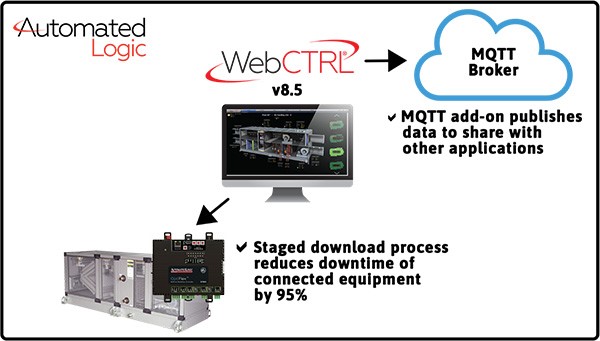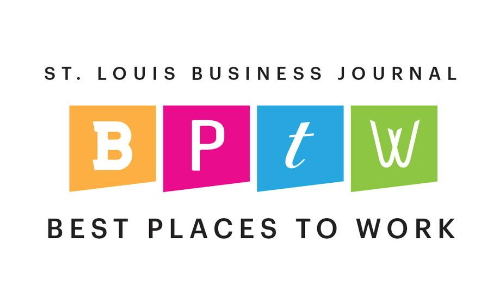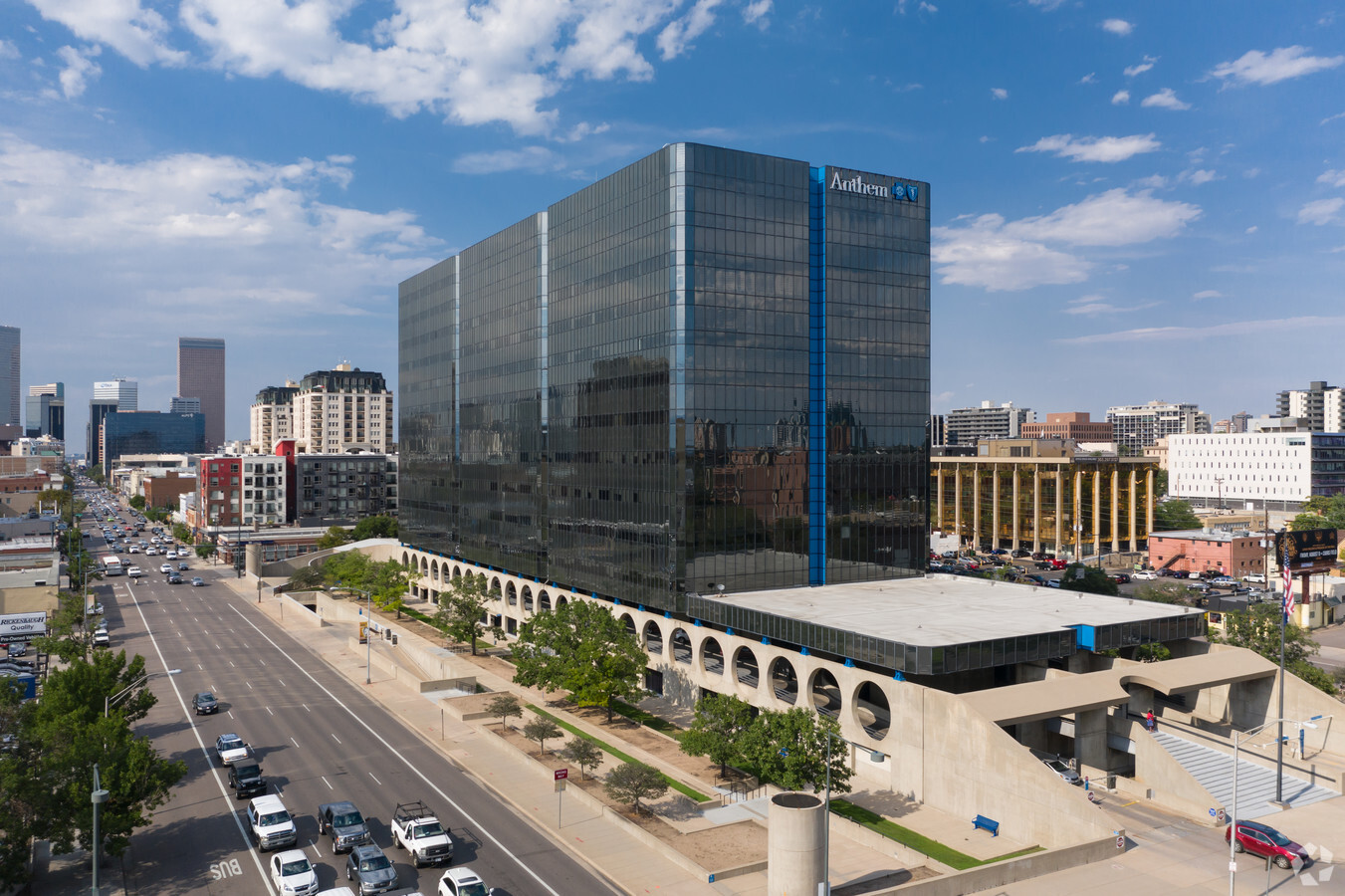June 23, 2020
The Story of COVID-19 and Air Conditioning
A generation of research and experience has proven that when properly maintained and operated, heating, ventilation and air-conditioning systems (HVAC) can reduce the spread of viruses. These critical building systems not only provide thermal comfort but, according to the American Society of Heating, Refrigerating and AirConditioning Engineers (ASHRAE), may also improve resistance to infection.
Learn what ALC’s parent company, Carrier, has to say here.
———————————————————————-
May 18, 2020
Below is guidance on dealing with COVID-19 for buildings, using mechanical systems to support building and occupant health. NOTE: This is a constantly evolving situation, so the below is subject to change with time.
As our customers begin the process to reopen their businesses, they may be looking to us for guidance from an HVAC/Controls perspective. I want to emphasize that there is not a single fail safe option available to stop the spread of COVID-19 or any other airborne disease, but there are things we can do to assist in reducing the impact. Many of these notes are excerpts from a recent ASHRAE publication indicating their position on Infectious Aerosols, dated April 14, 2020.
ASHRAE (COVID-19) Statements
Statement on airborne transmission of SARS-CoV-2: Transmission of SARS-CoV-2 through the air is sufficiently likely that airborne exposure to the virus should be controlled. Changes to the building operations, including the operation of heating, ventilating, and air-conditioning systems can reduce airborne exposures.
Statement on operation of heating, ventilating, and air-conditioning systems to reduce SARS-CoV-2 transmission: Ventilation and filtration provided by heating, ventilating, and air-conditioning systems Can reduce the airborne concentration of SARS-CoV-2 and thus the risk of transmission through the air. Unconditioned spaces can cause thermal stress to people that may be directly life threatening and that may lower resistance to infection. In general, disabling of heating, ventilating, and air conditioning systems is not a recommended measure to reduce the transmission of the virus.
Dilution and extraction ventilation, pressurization, airflow distribution and optimization, mechanical filtration, ultraviolet germicidal irradiation (UVGI), and humidity control are effective strategies for reducing the risk of dissemination of infectious aerosols in buildings and transportation environments.
Even the most robust HVAC system cannot control all airflows and completely prevent dissemination of an infectious aerosol or disease. But there are things building owners can do to reduce the impact and spread of the virus.
- Install highly efficient particle filtration in centralized HVAC systems. (HEPA) or (MERV-13)
- Install portable or ceiling mounted, single space highly efficient particle filtration units. (HEPA)
- Install ultraviolet (UV) lamps in air handling units, ducting, upper room and/or portable UVGI devices. Recommend UV-C in wavelengths from 200 to 280 nm (265nm/ ideal) , provides the most germicidal effect.
- Add local exhaust ventilation for source control.
- Maintain rooms with infectious aerosol/disease concerns at a negative pressure.
- Provide 100% exhaust for patient rooms
- Increase the outdoor air change rate (e.g. patient rooms from 2 to 6 ach)
- Increase outdoor air ventilation (disable demand-controlled ventilation and open outdoor air dampers to 100% as indoor and outdoor conditions permit)
- Keep systems running longer hours (24/7 if possible)
- Temperature and humidity control.
For more details visit https://www.ashrae.org/technical-resources/resources
Take Care,
Justin Vogt, President
———————————————————————-
April 21, 2020 Update
Optimizing Building Controls During COVID-19
COVID-19 has made a large impact on our daily routines and how facilities are being used. Using your facilities BAS to your advantage is a way to save on energy and can be done from your home office. Below are some best practices to implement during this global health crisis:
Scheduling-
- Unoccupied Buildings
- If your staff is currently on a work from home order- now is a good time to set your building to a holiday schedule.
- Limited Occupancy
- If you are limiting staff so you are working 6ft apart, adjust parameters on areas of buildings that are not in use to unoccupied.
- Reduced Hours of Operation
- If you have reduced hours, making temporary schedules to meet the new energy requirements can help save on cost.
- Special Areas of Interest
- Make sure as you make adjustments, special interest areas are accounted for (i.e. IT rooms, band rooms, hardwood gym areas, etc.).
- Trust, but Verify
- You have put in schedules to make your building more efficient – now is the time to go back through individual equipment to make sure they are following your schedules – great tools to assist you are trending, reports, and time lapse.
Lighting Integration-
- Occupancy Sensors
- Now is the time to make sure your occupancy sensors are working and calibrated to make sure that energy is being saved.
- Scheduling
- Setting up scheduling so that lighting is shut down during off hours and in spaces that aren’t used during this time.
Maintenance-
- Alarms
- Updating alarms to make sure that essential equipment failures will prompt alerts to maintenance personnel even if they are not onsite.
- FDD
- Use Fault Detection and Diagnostics (FDD) to monitor your building system and identify areas that need intervention to prevent operational issues. FDD is a new tool in WebCTRL- ask us about availability if it is not currently part of your system.
Moving Forward-
- Re-adjusting your schedules from WFH
- As personnel are allowed back at work, make sure that schedules are adjusted to accommodate comfort with the change in seasons.
- Recognize changes in your new normal
- Things might be different – as facilities such as schools and universities are not having students return, make sure that your team understands how this effects your system and schedules.
We are Here for You –
- Text, call, email or Skype – our team might be working from home – but we are still here to support you!
Take Care,
Justin Vogt, President
———————————————————————-
April 13, 2020 Update
While the majority of our staff continues to work from home, in response to the St. Louis County stay-at-home order, I want to share a few updates with you:
- Automated Logic continues to have no issues with our supply chain. Parts required for repair or replacement by our customers are available.
- ACES can ship parts to any location, or a tech can bring them to your facility.
- Until further notice, our offices are closed to outside visitors, including customers wishing to purchase/pick up parts or other items. Please reach your ACES contact for delivery details.
- Our onsite client work continues unchanged. Also unchanged is our team’s ability to work with you remotely by phone, text, Skype and email.
If your facility’s occupancy schedules have been reduced significantly as a result of the coronavirus, we encourage you to add holiday scheduling to any building that will be unoccupied for the time being. If you need any assistance with updating your schedules, please contact us.
We will keep you informed of any changes to these working arrangements. Our top priority is to ensure the safety of everyone while providing you with uninterrupted best-in-class service. If you have questions, please call us at 314-722-2727.
Take Care,
Justin Vogt, President
———————————————————————-
March 23, 2020 Update
As of today, and continuing until further notice, the majority of our staff will be working from home, in response to the St. Louis County stay-at-home order. Our onsite client work continues unchanged. Also unchanged is our team’s ability to work with you remotely by phone, text, Skype and email.
With this new temporary policy our offices are closed to outside visitors, including customers wishing to purchase/pick up parts or other items. For those customers we are making deliveries. Please reach your ACES contact for delivery details.
NOTE: If your facility’s occupancy schedules have been reduced significantly as a result of the coronavirus, we encourage you to add holiday scheduling to any building that will be unoccupied for the time being. If you need any assistance with updating your schedules, please contact us.
We promise to keep you posted of any necessary adjustments that we implement. Our top priority is to ensure the safety of everyone while providing you with uninterrupted best-in-class service. If you have questions, please call us at 314-722-2727.
Take Care,
Justin Vogt, president
———————————————————————-
March 18, 2020 Update
The coronavirus pandemic has impacted everyone to some degree. As of today (March 18, 2020), our staff continues to work from our St. Louis-area headquarters, and our onsite client work continues unchanged. Also unchanged is our team’s ability to work with you remotely by phone, text, Skype and email.
ACES is monitoring this quick-changing situation and will implement recommendations to help ensure the safety of your employees and ours.
We promise to keep you posted of any necessary adjustments that we implement. Our top priority is to ensure the safety of everyone while providing you with uninterrupted best-in-class service.
Take Care,
Justin Vogt, president









